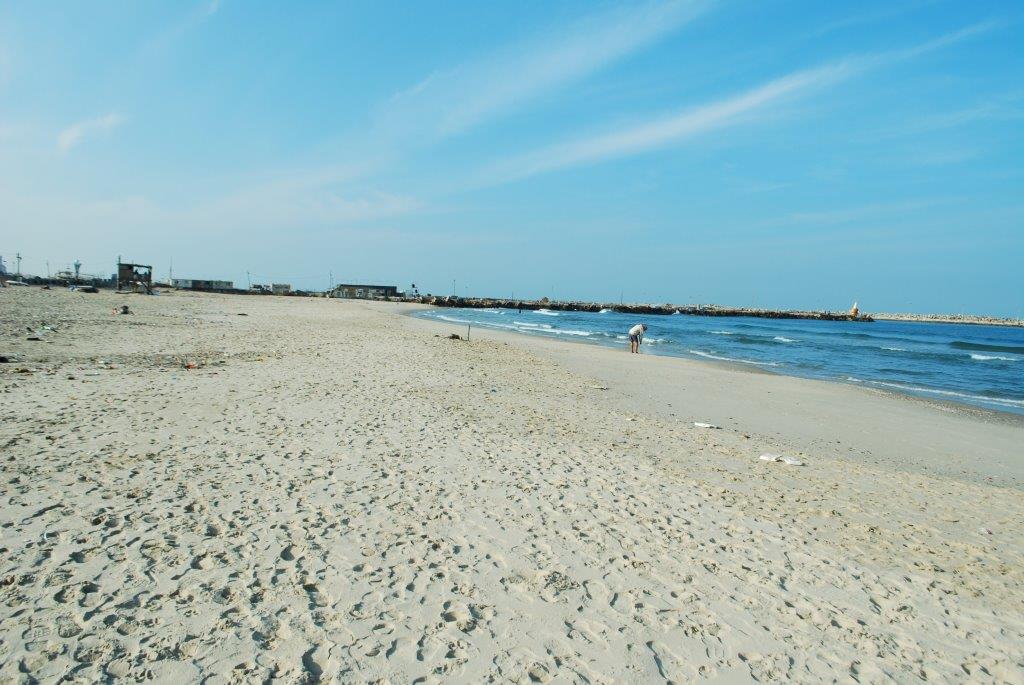Category: Gaza
-
Palestinian child wounded by Israeli gunfire while harvesting potatoes in Gaza
17th December 2013 | International Solidarity Movement, Rosa Schiano | Gaza, Occupied Palestine On Sunday, 15th December, a young Palestinian was injured by Israeli gunfire in Beit Lahia in the northern Gaza Strip. Mohammed el-Shanbary, age 17, was harvesting potatoes. “I went to work at 9 am,” el-Shanbary said. “After about 30 minutes, the soldiers…
-
Besieged Gaza Strip battered by historic storm
16th December 2013 | International Solidarity Movement, Silvia Todeschini and Henni | Gaza, Occupied Palestine Gaza’s bad weather has disrupted access lines and flooded whole areas. Thousands of families have been evacuated. Numerous injuries and two deaths have been reported. The Zionist siege and occupation contribute to aggravating the situation for tens of thousands of people.…
-
Gaza has all the potential it needs, with one exception
16th December 2013 | International Solidarity Movement, Charlie Andreasson | Gaza, Occupied Palestine Long beaches with white, soft sand. A swim in the warm and clear waters. Surfing. Water skiing. Diving among wrecks from Roman times. The allure of small rays’ silent flights, and the luck of seeing turtles and leaping dolphins. Beach cafes with plaited…



